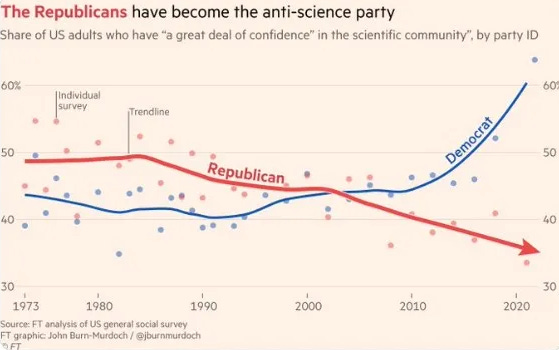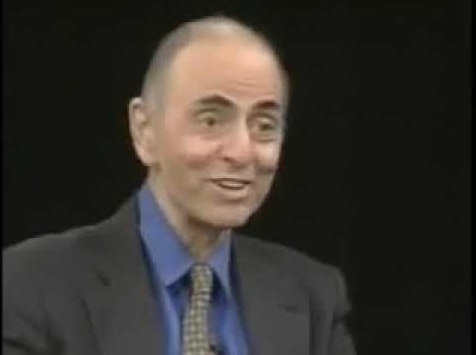By Tom McMahan
I. Believe in Democracy | II Defend Objective Truth | III Reform Public Education | IV Defend the Environment |
V Rebuild Communities | VI Practice Inclusivity | VII Uphold the Rule of Law | VIII Strengthen Institutions |
IX Respect Ethics | X Promote Positive Freedom

In last week’s post, I established a foundational belief in democracy as the only true way forward politically for society. Foundational beliefs are something we all need to have, but to become something more than just a belief, we have to ground those foundational beliefs in objective truths.
I stated last week that a large influence on these posts of mine was Timothy Snyder. One of his “Twenty Lessons” On Tyranny deals directly with this issue. This is one of the longer lessons from the book, because this idea is much trickier than we might suspect. So, the long version on video, and the short version in text below:
To abandon facts is to abandon freedom. If nothing is true, then no one can criticize power, because there is no basis upon which to do so. If nothing is true, then all is spectacle. The biggest wallet pays for the most blinding lights.
It’s no coincidence that modern democratic government grew out of European culture at the same time that the scientific revolution was occurring. Modern democracies are as much a product of Isaac Newton as they are of John Locke, because scientists like Newton created the mental space for those who followed to start pursuing truth in all matters. You can look back in time and other cultures where objective truth was pursued…classical Greece, the golden age of Islam are two examples, where those societies were more open, free, and prosperous than they had been before, or would become later as the pursuit of truth diminished and eventually was condemned.
The famed communicator of science in the late 20th Century, Carl Sagan, summed up our challenge today back in 1995 shortly before he died.
"We've arranged a society on science and technology in which nobody understands anything about science and technology, and this combustible mixture of ignorance and power sooner or later is going to blow up in our faces…If we are not able to ask skeptical questions to interrogate those who tell us something is true…then we're up for grabs for the next charlatan—political or religious—who comes ambling along.”
Twenty years later, that charlatan ambled down an escalator and took over one of our two major parties.
So, how do we take these high-minded notions from the likes of Newton, Locke, Sagan, and Snyder, and bring them down to where we are today, members of a political party in one state of the larger United States in the 21st Century?
We cannot fall prey to conspiratorial thinking. We must ground our actions in objective truth as best we can. And the good news is that, for the most part, the left wing of American politics to which the Democratic Party is attached has done that. Today’s Left has seen its own baseless conspiratorial thinking; the anti-vaccine movement started in pockets of the Left, for example, but took root in the American Right, which has been falling deeper into conspiratorial thinking and darkness for years. (Hence the bizarre spectacle of Robert F Kennedy Jr.) The Republican Party and the conservative movement were primed and ready to be captured by Trump because so many in that movement gave up on objective truth and chose the comfortable cynicism of conspiracy long ago instead.

Still, our side isn’t immune. It bothers me when, every 2 years, I hear messages from my own party here in Georgia about “illegal purging” of the voter rolls. The voter registration purge that takes place every 2 years is mandated by law and is done to purge inactive voters. It is perhaps not the ideal solution to keeping the voting rolls accurate, but it is not “illegal” either. That particular conspiracy theory started a little over a decade ago after big promises were made about winning a state election, only to fall well short. Conspiracies involving “illegal” activity in regards to newly registered voters’ applications mysteriously disappearing were offered as an excuse for the loss; no evidence was ever brought forward, and that notion has been recycled biannually ever since.
The truth isn’t always pleasant or pretty, but if we don’t defend it, who will?
Next week, we’ll begin delving into more practical matters, starting with public education.





